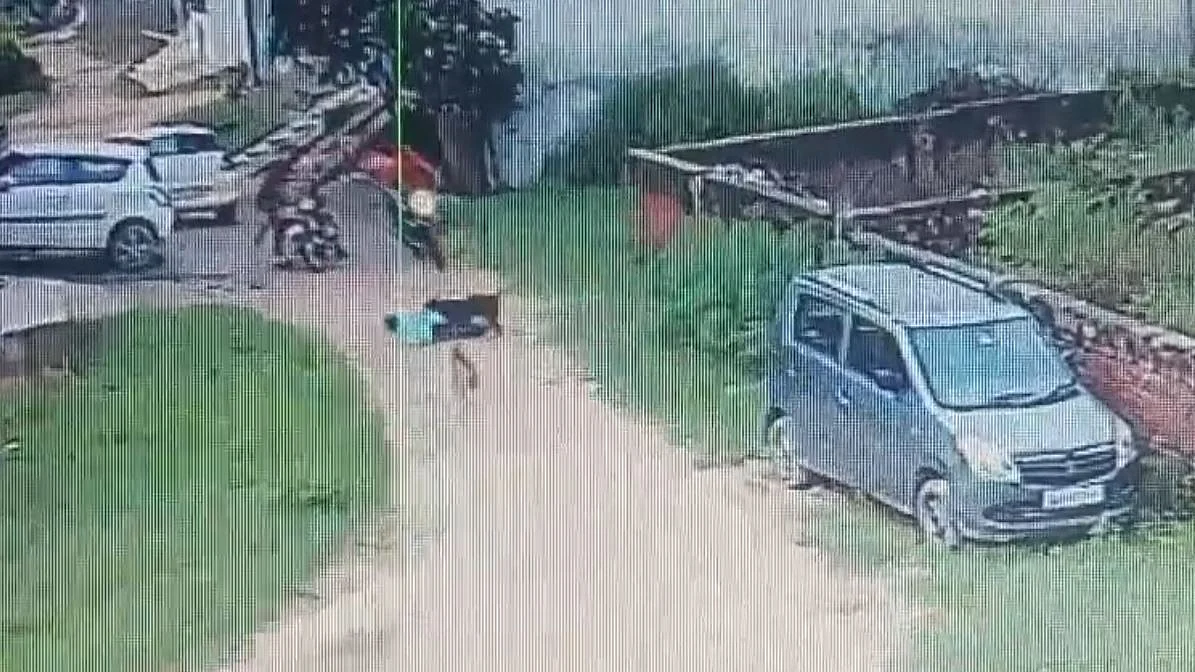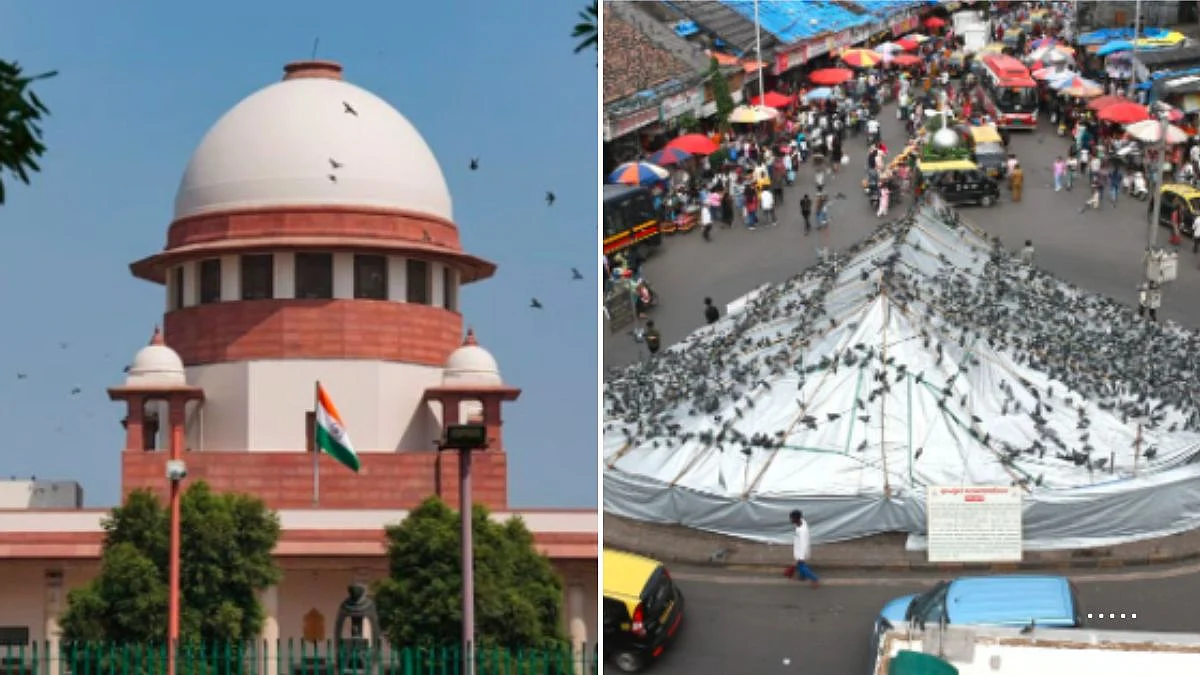Thane: The Thane Sessions Court has acquitted a 46-year-old man accused in the case, citing lack of evidence to establish guilt beyond reasonable doubt.The court held that the prosecution had serious gaps in the investigation and the absence of concrete evidence, Bharati was acquitted of all charges.
Vijaykumar Lallanprasad Bharati, who was arrested in 2017 by Mumbra Police, in the alleged murder case of Neha Rajesh Pawar. Pawar, who worked at ICICI Bank and lived in Diva with her child, was reported missing in July 2016. Her decomposed body was discovered nearly three months later in a water drum inside a locked rented room in Aarti Apartment, Diva — the same premises where Bharati was residing at the time.
On July 15, 2016, Pawar’s father registered a missing complaint at Mumbra Police Station after she failed to return from work. Initial inquiries revealed she was no longer employed at the ICICI Bank’s Kurla branch, contradicting the family’s assumptions.
The breakthrough came on October 3, 2016, when the landlady of Room No. 201 at Aarti Apartment — which had remained locked for nearly three months — broke open the door due to a foul odour. A decomposed body was found inside a drum. The room had previously been rented to Bharati, who had allegedly absconded.
Following the discovery, police launched a manhunt and arrested Bharati under charges of murder. The prosecution’s case was based on the premise that Bharati and the victim were neighbours, had an alleged illicit relationship, and often quarreled over his demand that she marry him — which she reportedly refused.
The prosecution presented several witnesses, including the victim’s father, neighbours, the landlady, and a panch witness who had assisted in breaking open the door. While witnesses confirmed quarrels between the accused and the deceased and their proximity, the court observed that none of the testimonies or material evidence conclusively linked Bharati to the murder.
The judgment noted that while the body was discovered in a room rented by the accused, the prosecution failed to establish a complete chain of circumstantial evidence. There was no forensic evidence, eyewitness account of the crime, or any confession that could directly tie Bharati to the murder. Even chemical analysis (CA) reports did not support the prosecution’s claims.

“There remains a finger of suspicion towards the accused,” the order stated, “but suspicion, however strong, cannot substitute proof. The chain of circumstances required to prove the accused’s guilt is not complete.”









